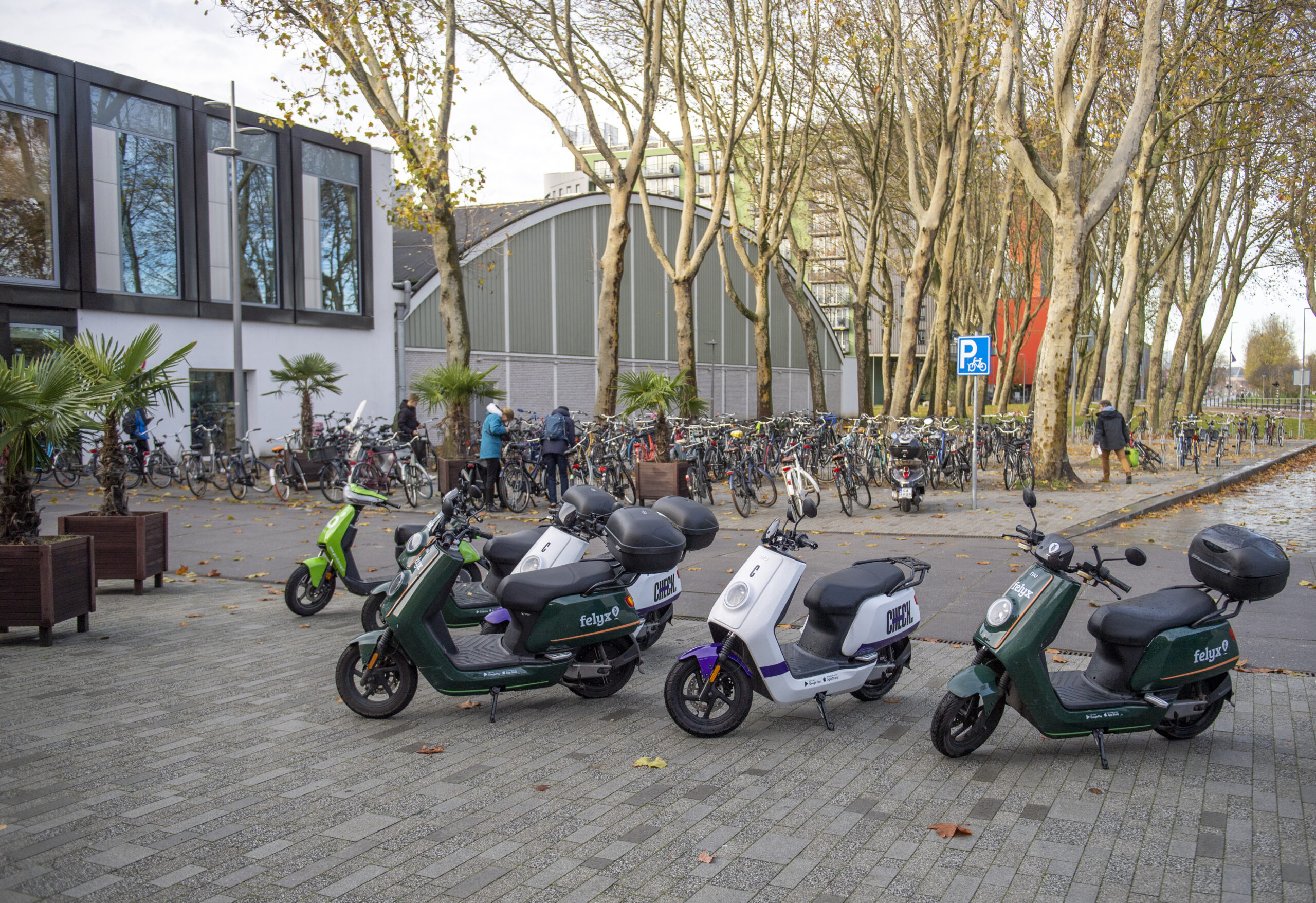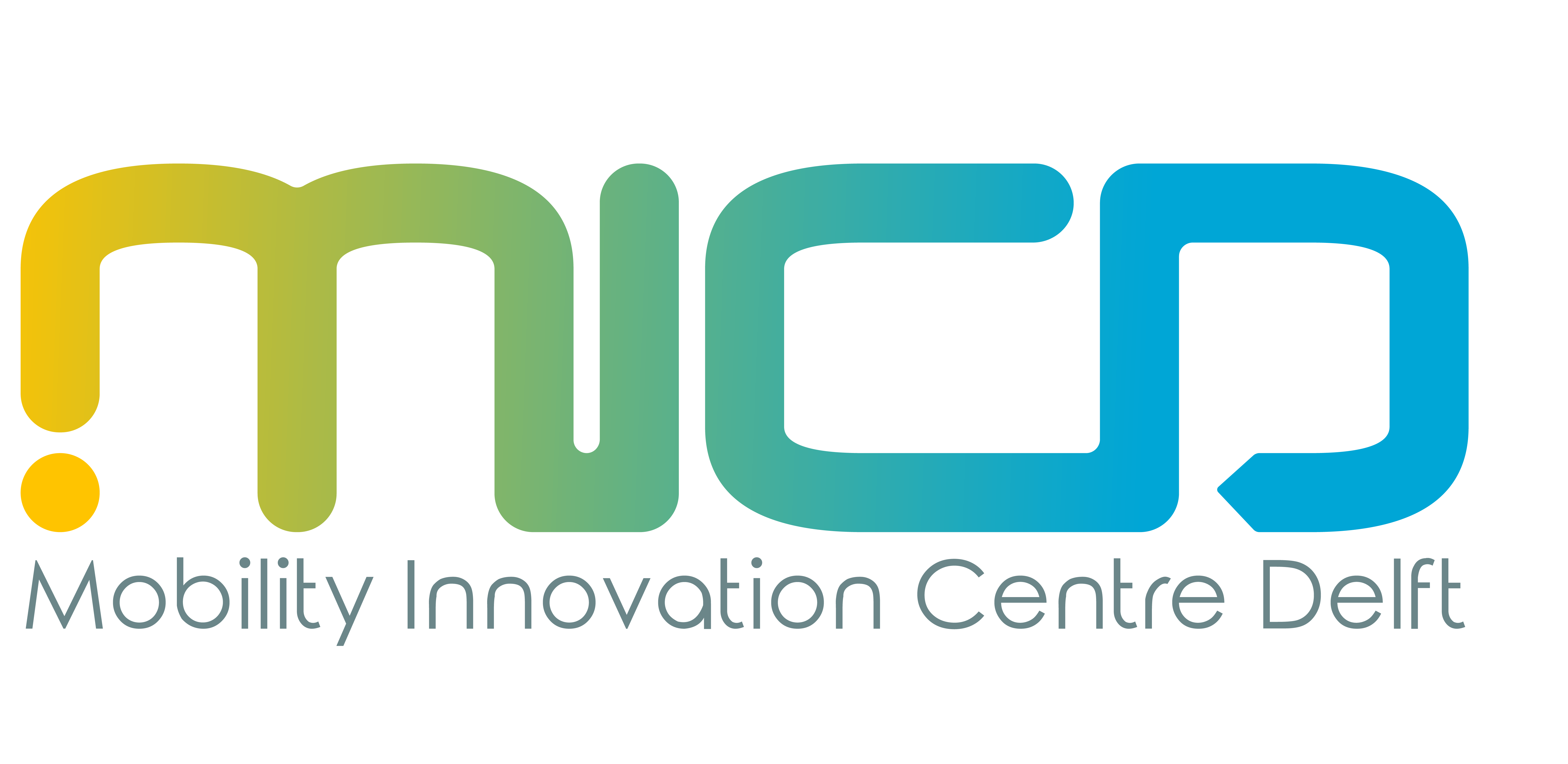Keeping Delft’s inner city liveable and accessible will remain a challenge in the coming years. Shared mobility can help make optimal use of the sparse space in the historic city centre. However, are residents, employees, and tourists ready for the shared bike, scooter and car? TU Delft and MICD are conducting a study on this topic for the municipality of Delft. Fatemeh Torabi Kachousangi shares the first insights.
Project Research opportunities shared mobility Delft, November 2022-May 2023
Part of Do IoT for Intelligent Mobility
Team Fatemeh Torabi Kachousangi, Niels van Oort, Serge Hoogendoorn, Sascha Hoogendoorn-Lanser
How did you set up the research?

Researcher Fatemeh Torabi Kachousangi, PhD student at TU Delft
“We started with a literature review. What do we already know about shared mobility, what are potential success factors or obstacles, which groups are particularly interested in shared mobility, and so on. Based on that knowledge, we drew up an extensive survey about travelling in Delft. When does one take the car, bike or public transport, do you ever use shared mobility and when would you consider it? We repeatedly proposed different situations to the participants. How do you travel in good weather, during bad weather, with or without luggage and how do you journey when you are alone or together with others? Per participant, we also requested some background information, such as which neighbourhood someone resides in, age and household composition.
“Through the municipality, we ran the survey online for a total of two weeks. There are some very active residents’ groups on Facebook and Instagram, so that helped to reach inhabitants quickly.”
And – was there a good response to the survey?
“Absolutely! More than 100 residents responded – more than we expected. The group also appeared sufficiently representative. About a third of the participants have used a shared bike before. For a shared car and a shared scooter, the number of users is just over 20%. Those numbers correspond well to what we know from previous surveys in Dutch cities.”
Can you already share some of the results?
“At the moment, we only have the most basic results. A more in-depth analysis will follow. Some matters are already obvious, though. As expected, the weather is quite a decisive factor: during nice weather people prefer to take the shared bike, while in case of bad weather they prefer the shared car. Likewise in case of more luggage, the choice for a car is quickly made. These are not earth-shattering facts, but with further analysis we hope to gain real insights: when does a certain option really become more attractive and what shifts does that lead to?

“It gets even more interesting when it comes to factors you control as a government, such as the fare and the locations where you offer shared mobility. How much are travellers willing to pay for temporal rent? And how long is someone willing to walk to their shared means of transport? For example, it turns out that people are prepared to walk for a maximum of five minutes to a shared bike, scooter or car. This is useful information for policymakers and shared mobility providers! Furthermore, it is also of interest that people who would normally use their car several days a week say they opt for shared mobility in certain cases. So there seem to be opportunities to also introduce avid car users to shared mobility. The door is ajar with them.
“I am very much looking forward to further analysing this initial data in the coming months. We expect to complete our research in May and hope to come up with real insights.”
How do you think we can we use this?
“With this research, we are contributing to smart, useful and sustainable solutions for the Delft city centre. Insights into travellers’ needs is crucial for policymakers and urban planners to develop and improve mobility solutions. Yet not just for Delft policymakers: similar cities can also benefit.”
More information:
Fatemeh Torabi’s site, with information about the research
More insights on micromobility from the Smart Public Transport Lab
